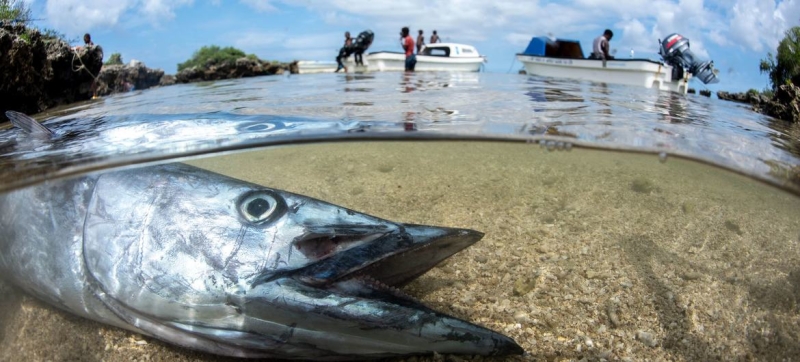
Legal protection of the environment varies greatly across countries and regions in terms of the crimes covered and the penalties for committing them. UNODC: Environmental legislation remains ‘complex and patchwork’ Climate and Environment
The structure of environmental laws around the world generally remains “complex and patchwork”; This state of affairs must be corrected in order to stop the criminal exploitation of nature. This is stated in a report released on Friday by the United Nations Office on Drugs and Crime (UNODC).
The results of the analysis show that legal protection of the environment varies greatly across countries and regions in terms of the crimes covered and the penalties for committing them.
In the first-ever global analysis of environmental crimes, UNODC shows how 193 UN member states criminalize and punish environmentally damaging activities across nine environmental areas: deforestation and logging, air pollution, noise pollution, soil pollution, water pollution, fishing, waste dumping and wildlife.
“Our review shows that the world has made some progress in developing environmental laws, but legislation and enforcement remain uneven, allowing criminal groups to exploit gaps,” said Angela Meh, Chief of Research and Analysis at UNODC. “Stronger legislation can help deter both potential criminals and repeat offenders, and expand the range of investigative tools and resources available to environmental law enforcement.”
Wildlife and waste are areas in which the majority of countries (164 and 160 respectively) include at least one relevant criminal offense in their national legislation. In contrast, soil pollution and noise (99 and 97 respectively) are the areas in which the fewest countries have relevant criminal provisions.
At least 85 percent of UN member states establish criminal responsibility for wildlife crimes, and at least 45 percent punish some of these crimes with imprisonment of four years or more.
The level of environmental protection, as well as the penalties applied, are closely related to the natural conditions of each country or region. For example, 43 percent of Oceania countries consider illegal fishing a serious crime, compared with only two percent of European countries. At the same time, crimes against wildlife are considered serious by 12 of 18 countries in East Africa.
Africa and Asia have the highest percentage of states that punish of the environment meet the definition of a serious crime. This indicates that if such crimes are committed frequently, it is not necessarily an indication of “weakness” in the law – rather, there is a lack of enforcement.
Report Authors list many areas where countries need to improve environmental laws and penalties, such as in the areas of extradition and mutual legal assistance. In addition, it is recommended that states consider improving legislation to allow for the confiscation of environmental crime instrumentalities and proceeds.
The report highlights the need to expand data collection on environmental crimes , as well as conducting additional research. Only with complete information can we understand which combinations of criminalization and policing methods are most effective in preventing crimes that affect the environment.
Read also:
